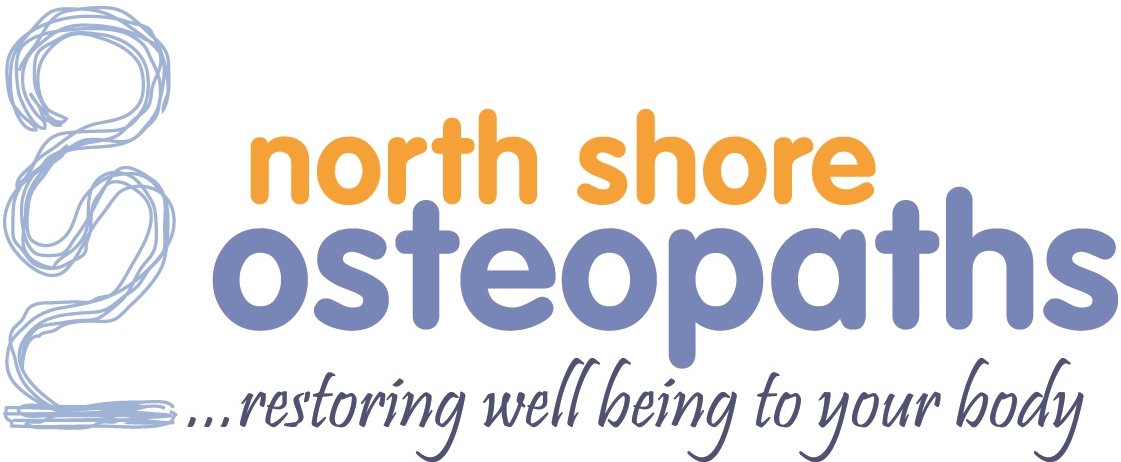Treating Whiplash and Workplace Injuries
Whiplash treatment
Whiplash injuries can affect the low back as well as the neck, and can be caused by falls, blows to the head or car accidents.
Government research shows that even very low speed accidents can result in injury, causing symptoms such as neck pain, headaches and low back pain.
These sorts of injuries result in parts of your spine (usually your neck) becoming too mobile and relatively unstable.This means the muscles in the area tire easily, causing pain. Osteopathic whiplash treatment relieves this pain by gently releasing the muscle tension and improving the blood supply. The treatment also releases restrictions in other parts of the spine to take the stress off the weakened area. Advice is also given on how to strengthen and protect the injured joints.
Workplace injury treatment
Workplace injuries, or repetitive strain injury are less prevalent these days as employers realise the importance of well set up work stations and regular breaks from repetitive tasks. Despite this, many people experience headaches and neck, shoulder and arm pain from many hours in front of a computer. Our osteopaths can educate you on how to set up your work station and structure your day to minimise the stress on your upper body. The gentle hands on treatment eases tired muscles and releases sore joints to ensure you can be comfortable and more productive.
Why am I in pain?
Unless there has been a specific trauma, e.g. from a car accident, fall, or sporting injury, problems in adulthood generally tend to be a result of stresses that have accumulated over the years, until the body’s compensatory mechanisms begin to breakdown.
Your muscles and joints effectively go on strike, in protest over the pressure they have been subjected to, often for quite a prolonged period of time.
What will your osteopath do?
Your osteopath will complete a thorough case history and examination. They will then explain in detail:
- How osteopathy can help you.
- What is wrong and which muscles, joints or nerves are causing your pain.
- Why it has happened.
- What treatment you require.
- Provide you with a treatment plan with milestones to help measure your progress.
- Refer you to other practitioners if required such as GP’s, Radiologists, Paediatricians etc.
- How many sessions they think it will take to relieve the pain and resolve the problem.
- What you can do to speed your recovery.
- The things you must do to avoid prolonging or aggravating the injury.
- What can be done, through treatment and management, to ensure the problem does not recur.
